There is still a lot to be learned about the importance of sleep.
What is known is that we all need to sleep. Without the downtime that sleep gives our minds and our bodies, we can’t function as we should. We can’t grow physically or developmentally if we don’t get enough sleep.
As adults, getting the sleep we need is important. Not getting enough sleep can negatively impact us, especially if it’s over a prolonged period of time.
The situation is the same for children.
Let’s take a look at how sleep affects children of all ages.
Getting Enough Sleep

Children’s bodies are constantly growing and developing. Depending on the age of the child, sleep requirements may vary. What does not change is the importance of getting enough sleep for optimal health.
Why is Sleep Important?
During the early years, sleep is extremely important. In fact, sleep is the main activity for brain development. When a child is resting, their mind is processing all that it saw and experienced during the day.
It’s our job, as adults, parents, and guardians, to make sure children get the sleep they need.
We all know it’s not always easy to get a child to sleep. It’s also not always easy to get a child to stay asleep.
Many things can affect proper rest – an unexpected event, a holiday, and an out-of-town trip are a couple of examples of things that can affect sleep.
The important thing is recognizing that while a night or two of interrupted sleep may be ok, it’s important to get a child back on track as quickly as possible.
What Happens During Sleep
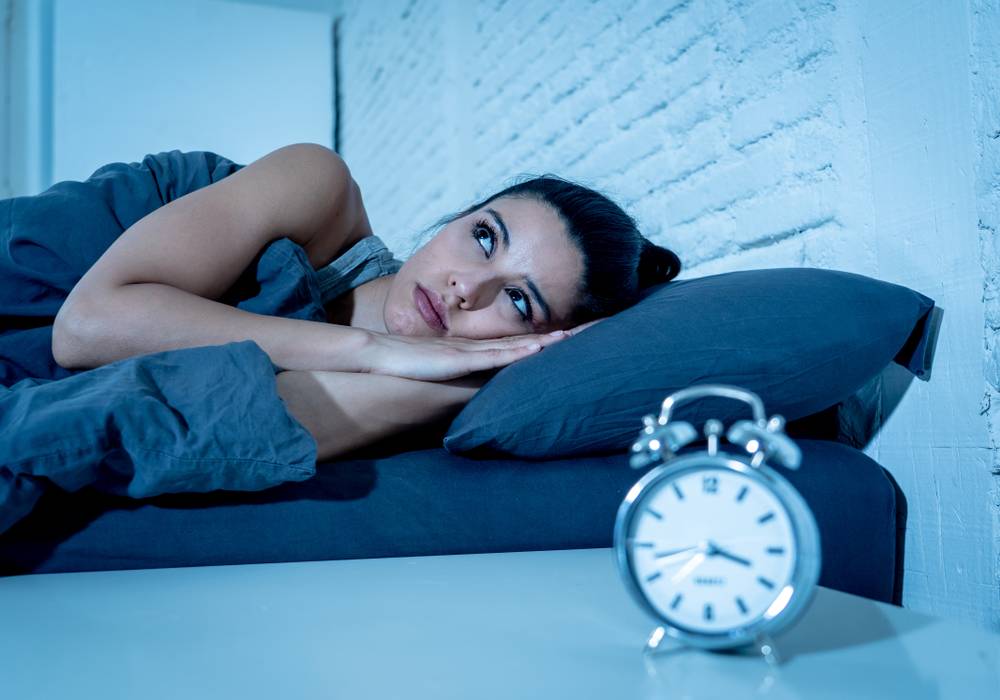
Listening to our internal clock is very important.
When a child is sleeping:
- Muscles, bones, and skin are growing.
- Injuries are healing.
- The body is fighting illness.
Sleeping helps a child:
- Remember the things that happen during their day.
- Pay attention to what’s happening around them, including lessons in school.
- Concentrate on what they are doing, and what others are doing and saying around them.
- Solve problems. Problem-solving is an important skill for children to learn.
- Think. Children who are rested think better when they are playing, or learning, or busy with activity. Thinking is an important part of sports development.

The circadian rhythm is why our brain responds to light and dark, and it takes time to develop.
Infants start to develop circadian rhythms at age six weeks.
Infants should have a developed sleep-wake cycle by three to six months.
How Much Should a Child Sleep?
Even at a young age, the amount of sleep each child needs will be different. It’s important for adults to recognize their role in helping a child sleep.
It’s important to remember that children develop mentally and physically while they are sleeping. It’s also important that a child sleeps as often as they need to.
New parents know getting an infant to sleep can be difficult. They also know the amount of time their child sleeps will affect their own sleeping patterns.
It’s better for everyone when a baby sleeps well.
You may want to read: Know About Baby Sleep Cycles
Here are some general guidelines
- Infants need a lot of sleep.
- There is a lot going on in those little bodies and sleep is needed to make that happen.
- At this age, infants will spend more time sleeping than awake.
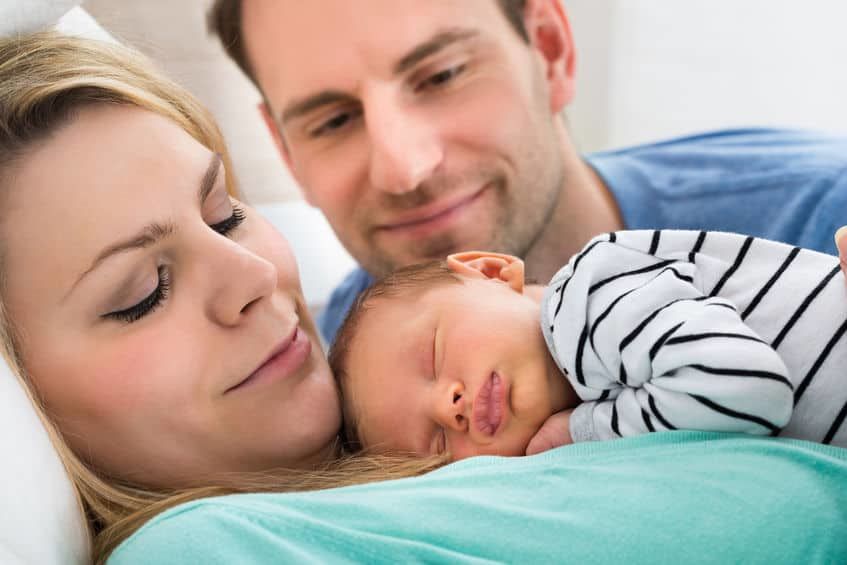
Four to eleven-month-old babies also need a lot of sleep, generally from twelve to fifteen hours a day. Babies are busy – they take in a lot of information during the day and need downtime to process what they learn.
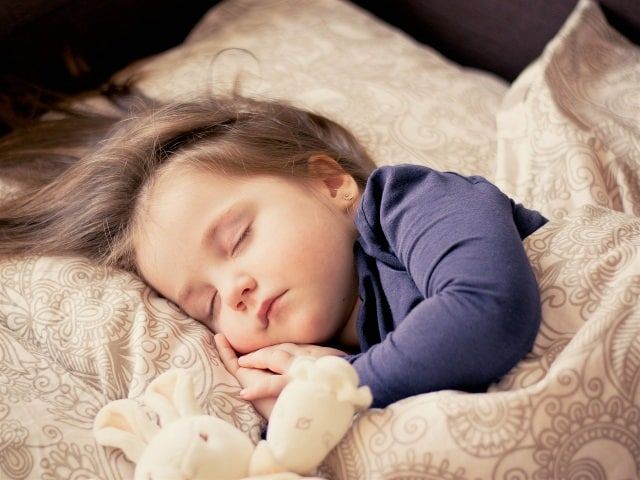
Three-to-five-year old children should generally sleep between ten and thirteen hours a day. At this age an early bedtime is very important. It’s also when a child may fight to stay awake. Putting a schedule in place may be the best bet for a child of this age.
Six-to-thirteen-year-old children should sleep between nine and eleven hours a night. This might be a difficult age to convince a child to go to bed. Instilling a sleep schedule early on will help.
What is Rapid Eye Movement (REM) Sleep?
Sleep occurs in cycles. In children, each cycle lasts about ninety minutes. A child experiences five or six sleep cycles per night.
We cannot stress enough that REM sleep is very important for a child’s learning and memory.
The Sleep Cycle

Stages three and four occur when a child is in a deep sleep.
At stage five a child is dreaming. This is when you can see the child’s eyes moving under the eyelids in Rapid Eye Movement. This is when the brain is the most active.
Signs of REM sleep:
- Eyes move quickly.
- Breathing is fast.
- Breathing is irregular.
- Heart rate increases.
- Body temperature changes.
- Blood pressure increases.
- Brain activity increases.
- Brain consumes more oxygen.
- Some parts of the body may twitch.
Why is REM Sleep Important?

Let’s look at why children need more REM sleep. Let’s look at the differences in an adult’s day, and a child’s day.
A Day in the Life:

- Wakes up,
- Eats breakfast,
- Goes to work,
- Eats lunch/runs errands,
- Goes back to work,
- Goes home,
- Eats supper,
- Spends time with family/friends,
- Relaxes,
- Goes to bed.
There isn’t a lot of variety in most adult days. It’s all pretty routine.
Adults need less REM sleep because there’s not a lot new going on. There is not a lot of new information to process.

- Wakes up,
- Eats breakfast,
- Goes to school,
- Learns new things,
- Eats lunch,
- Learns more new things,
- Participates in after school activity,
- Has new experiences,
- Goes home,
- Does homework,
- Learns more new things,
- Relaxes,
- Goes to bed.
A child spends a lot of its day learning new things and having new experiences.
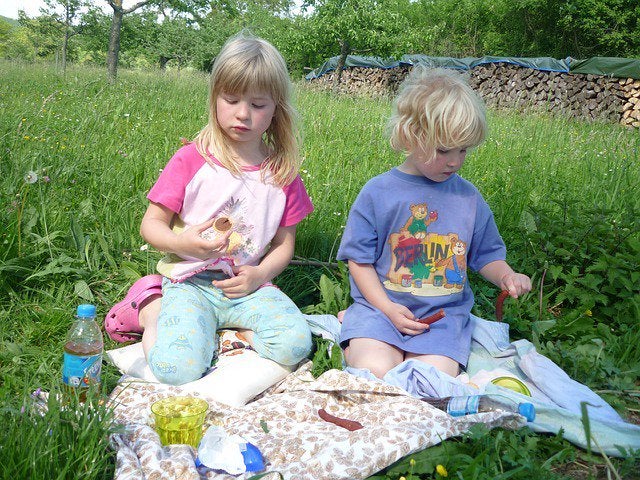
During REM sleep the child processes what it has seen and done during the day. The mind is full of things the child wants to remember.
Children go directly to REM sleep they can process everything that happened to them during a busy day.
It’s important to remember:
- During REM sleep, the brain is still very active.
- REM sleep is thought to consolidate memories.
What is NREM?
Non-rapid eye movement (NREM) sleep is also important. In comparison, children spend a lot less time, as much as thirty percent less, in NREM sleep than adults do.
Adults spend about eighty-five percent of the night in NREM sleep. Babies average about fifty percent of the night in NREM sleep.
NREM is a deep sleep, and this is when the body is reaping the rewards of a sound sleep:
- Blood supply to muscles increase,
- Energy is restored,
- Tissue growth and repair is happening,
- Growth and development are taking place.
A baby’s sleep cycle generally lasts for about fifty minutes, and alternates almost evenly between REM and NREM sleep.
At about age six months, about thirty percent of the sleep cycle is comprised of REM sleep.
Why Can’t My Child Sleep?
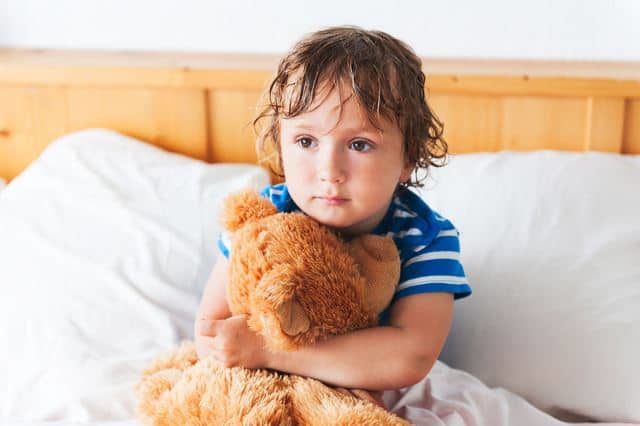
It could be that there are too many distractions – a loud television, a bright light, people moving around. Many things can cause sleep disruptions.
Because children have shorter sleep cycles, they enter the part of the cycle where they can easily wake up many times during the night.
While you can’t control everything that happens it’s important to ensure, as much as possible, that children are not disturbed during the night so that they don’t wake up and stay awake.
How Do I Help My Child Sleep Better?
It’s important to realize that children and adults sleep differently. As adults it’s our responsibility to ensure children get the sleep they need. Without adequate sleep, a child’s mind and body may develop as it should.
First, let’s look at some similarities. Both children and adults:
- Yawn when tired.
- Experience more accidents when tired.
- Like to sleep at night.
- · Develop personal sleep cues – a warm bath, a bedtime story, a favorite blanket, for example.
There are also differences in how adults and children sleep:
- Length of time spent sleeping.
- Children generally sleep longer periods of time than adults.
- Babies tend to sleep longer than children.
- Children should go to sleep earlier than adults.
- Children have shorter sleep cycles.
Signs that a Child Needs Sleep
- Falling asleep in school, on the bus ride home, or during an activity.
- Difficulty focusing on an activity.
- Forgetting things inside and outside of school.
- Difficulty following a conversation, staring off or losing their train of thought.
A child getting enough sleep will
- Pay attention in school.
- Be creative.
- Think of new ideas.
- Be healthier.
- Have fewer mood swings.
- Be more able to get along with others.
- Find solutions to problems.
A child not getting enough sleep at night will
- Be forgetful.
- Be in a bad mood.
- May not make good choices.
- Have trouble getting along with others.
- Be impatient.
- Have trouble concentrating.
- Have trouble with sports and other activities.
Sleep Tips
Everyone has trouble falling asleep sometimes. Maybe the child is excited about something new at school tomorrow. Or maybe there’s a special holiday, like Christmas.
For the most part, however, children should fall asleep quickly and easily, tired from the business of their day.
Here are some ways to help your child get a good night’s sleep
- Maintain a comfortable room temperature. A bedroom that is either too hot or too cold may keep a child from sleeping comfortably.
- Depending on the child, ensure the room is dark.
- Maintain a quiet sleeping environment.
- Exercise during the day will help a child sleep at night.
- Try to keep bedtime the same time every night.
- Avoid big meals before bedtime.
- Eat a healthy snack before bed.
- Maintain a schedule that’s the same most nights.
- Avoid caffeine before bedtime.
Sleep Disorder
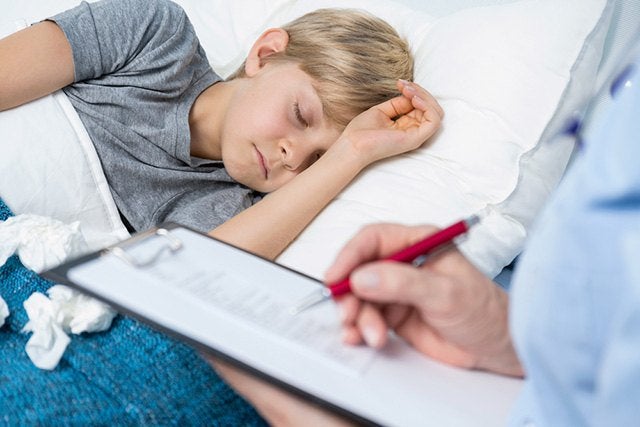
As we have stated, sleep is very important. If there is a medical reason a child cannot sleep it may be best to see a specialist working in sleep disorders.
The Last Word on Sleep
There is still a lot to be learned about sleep and sleep patterns. What we cannot stress enough is the importance of a good night’s sleep for a child’s physical growth and brain development.
After a busy day learning and interacting with the world around them, a child must rest to process everything they have seen and heard.
During REM (Rapid Eye Movement) sleep a child’s brain is very active. You can recognize REM sleep by the rapid movement of the child’s eyes under closed eyelids.
REM sleep is when your child is dreaming. Dreaming is how the sleeping mind makes sense out of what it has experienced during the day.
Children spend more time in REM sleep than adults do which means children should spend more time getting the sleep needed for mind and body development.
Please comment below if there are any questions or recommendations.



